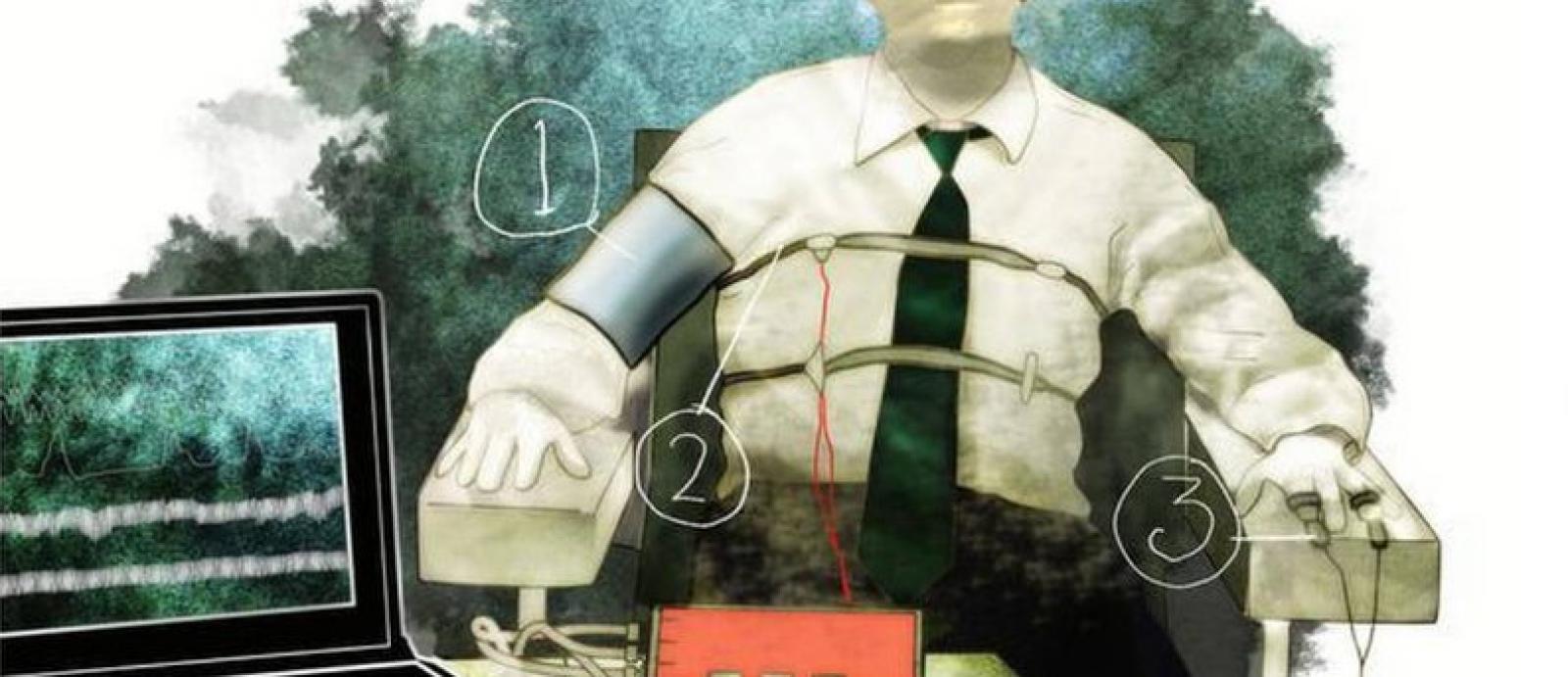
In April 2015, a federal jury awarded nine former employees of Metropolitan Interpreters and Translators, Inc., a total of $4 million dollars in damages for violations of the Employee Polygraph Protection Act (“EPPA”).
Mr. Iredale, Ms. Yoo, and Ms. Jun represented all nine plaintiffs in a nearly three-week trial during which plaintiffs described how their former employer, Metropolitan, in concert with the DEA, forced all nine plaintiffs to take polygraph examinations as a condition of employment. Metropolitan subsequently terminated plaintiffs when they failed the polygraph test, or refused to take the polygraph test.
Plaintiffs worked as linguists or “monitors” for Metropolitan, a private contractor to DEA. Plaintiffs listened to Title III wiretaps for both DEA and ICE and translated the phone conversations as they were recorded. When Metropolitan and DEA implemented a program to polygraph all monitors in the San Diego area, several plaintiffs objected and alerted Metropolitan to a federal statute that prohibited Metropolitan’s conduct – the Employee Polygraph Protection Act, 29 U.S.C. § 2001 et seq.
Metropolitan never told DEA that Metropolitan's own employees had informed its Vice President Joseph Citrano that a federal statute, the EPPA, prohibited Metropolitan's conduct. Plaintiffs, who either failed the polygraph test or refused to take it, were immediately terminated, escorted from the facility, and had their access to DEA sensitive information revoked.
Multiple plaintiffs, who lost their ability to work on DEA projects after failing or refusing to take the polygraph, maintained their clearance to work at ICE facilities on ICE wiretaps. Metropolitan informed ICE officials of the names and identities of its employees, plaintiffs, who had failed the polygraph or refused to take it. ICE then revoked these plaintiffs’ access to its wiretap projects, causing plaintiffs to lose their ability to work a second time.
Iredale and Yoo initially represented fourteen plaintiffs in their lawsuit against both Metropolitan and the United States government (representing DEA). All fourteen plaintiffs settled their claims against the United States. Five of the fourteen plaintiffs settled their claims against Metropolitan.
This case is currently on appeal before the Ninth Circuit.
Media Coverage
DEA wiretap translators sue over polygraph testing
San Diego City Beat
August 8, 2012
"What we believe is there was some kind of alleged security breach by a person who was not involved in this case and whose identity we don't know," Iredale says. "I think what occurred in this case is the DEA reacted in a semi-hysterical way
and the company that participated in the violation of the statute would do anything to keep their DEA contracts and didn't mind chopping off the heads of 10 employees."
DEA settles suit alleging government lie-detector abuses
McClatchy Washington Bureau
May 07, 2014
The settlement appears to be the first time that a federal government agency has settled allegations involving contractors’ lie detector tests since a 1988 law banned the use of polygraph screening for most private employees, said a lawyer for the group.
Forcing court translators to take lie detector tests illegal, judge rules
McClatchy Washington Bureau
October 31, 2014
U.S. District Judge Jeffrey Miller concluded that the New York-based company, Metropolitan Interpreters and Translators Inc., was liable for requiring nine translators in San Diego to take what they described as highly invasive polygraph tests to keep their jobs as contractors with the DEA.
DEA wiretap translators win $4M
San Diego Union Tribune
April 23, 2015
A San Diego federal jury awarded $4 million to a group of translators who listened to wiretaps for drug investigations and who sued their employer and the government, alleging they were illegally required to take lie detector exams.
Translators forced to take DEA polygraphs awarded $4 million in damages
McClatchy Washington Bureau
April 23, 2015
A federal jury awarded $4 million to nine former translators after they were forced at the behest of the Drug Enforcement Administration to undergo illegal lie-detector tests.“This case showed that the polygraph is unreliable, especially when it’s administered in this way,” said Gene Iredale, the attorney for the plaintiffs. “The case also suggested discrepancies in how the DEA relied on polygraph.”
